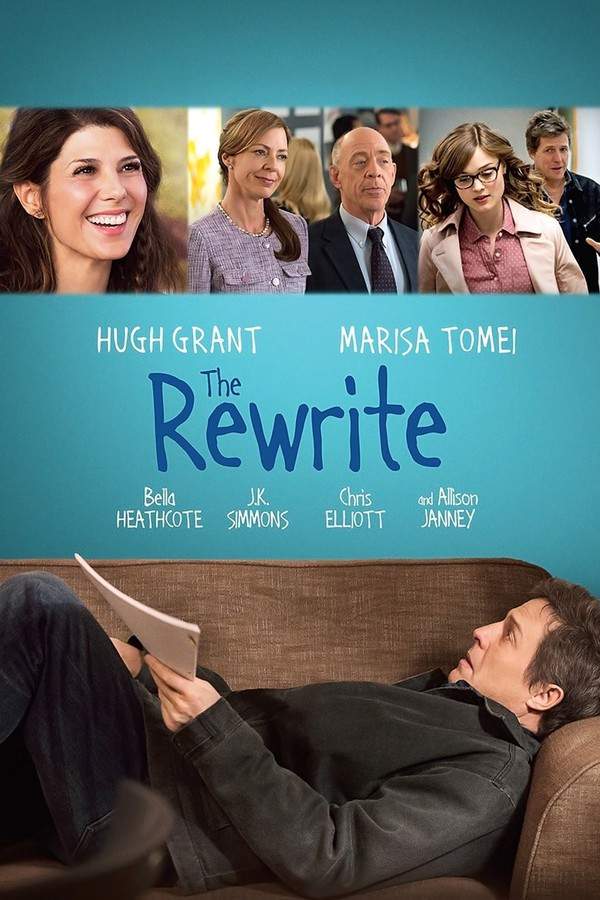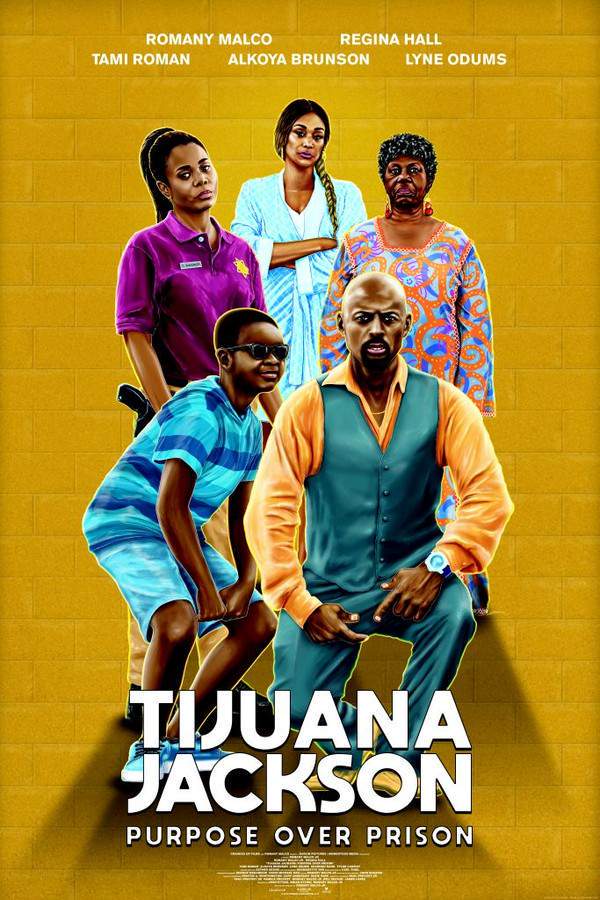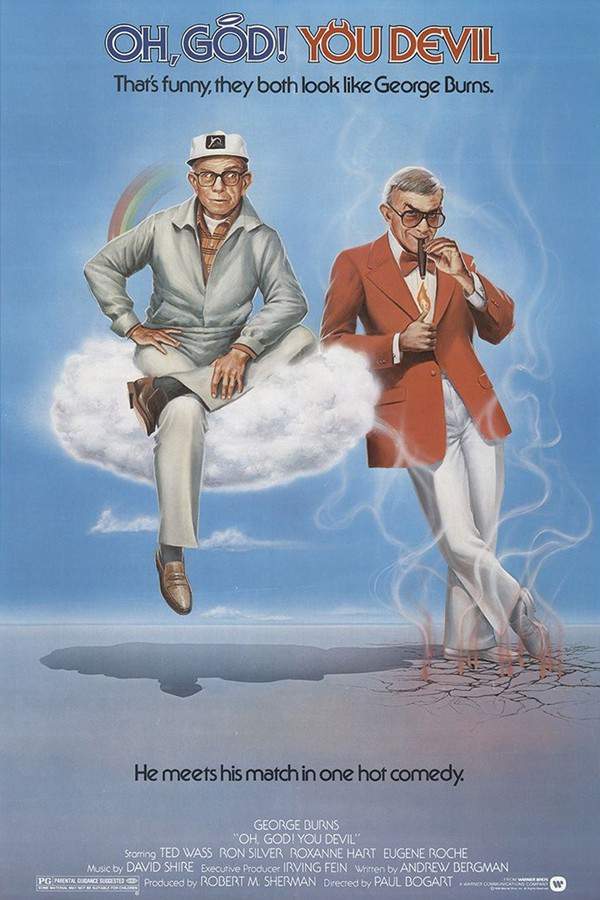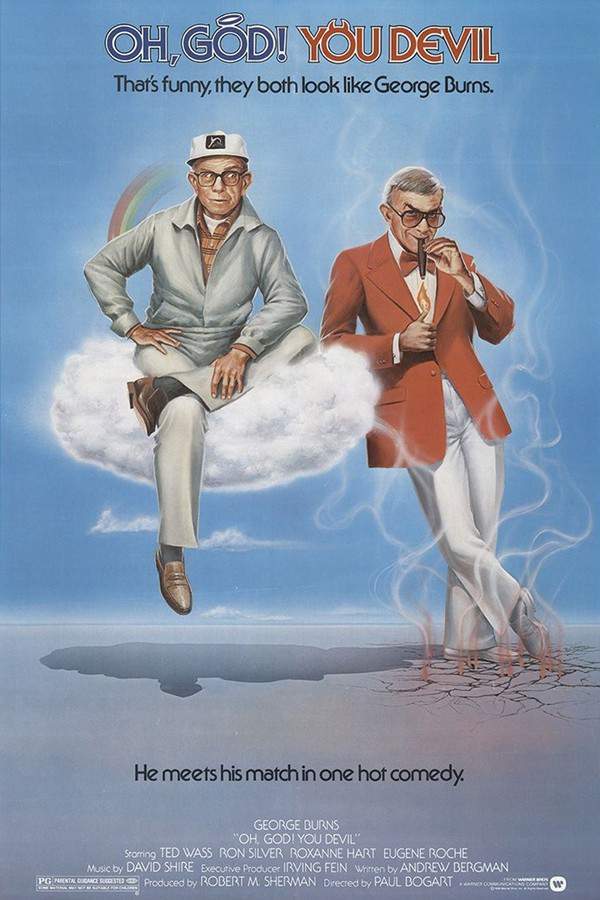
Dear God
Year: 1996
Runtime: 112 mins
Language: English
A judge offers con‑artist Tom Turner a choice: prison or a year of community service. He takes a job in the U.S. Post Office’s dead‑letter department, replying to letters addressed to God as a fake divine answerer in his own way. His ruse spurs coworkers to copy him, but the postmaster general and police view their good deeds with suspicion.
Warning: spoilers below!
Haven’t seen Dear God yet? This summary contains major spoilers. Bookmark the page, watch the movie, and come back for the full breakdown. If you're ready, scroll on and relive the story!
Dear God (1996) – Full Plot Summary & Ending Explained
Read the complete plot breakdown of Dear God (1996), including all key story events, major twists, and the ending explained in detail. Discover what really happened—and what it all means.
Tom Turner, a con artist in Los Angeles, is played by Greg Kinnear and owes a gambling debt to John Pinette, who portrays Junior, a ruthless loan shark. A stern judge orders him to find a full-time job within a week and keep it for at least a year, or face jail. The sentence sets Tom on an unusual path that might just change his life, and it pushes him toward a world he never expected to be part of.
He lands a job at the post office, sorting mail in the Dead Letter Office, surrounded by a group of quirky coworkers who treat the work as a strange kind of mission. Tom soon discovers letters addressed to the Easter Bunny, Elvis Presley, and even God, and his curiosity leads him to read one written by a needy single mother. While he’s absorbed in the note, he accidentally drops his paycheck and it’s mailed back to the sender, a moment that quietly reveals a small, meaningful impact.
Rebecca Frazen, Laurie Metcalf a burnt-out workaholic lawyer doing pro bono cases, sees the act and its ripple effect. Believing Tom sent the money on purpose, she rallies the other postal workers to keep the goodwill going, turning a single incident into a small movement. Tom becomes an unwilling yet effective leader, answering more and more letters sent to God for help, and the group’s efforts begin to touch many lives across the city.
Meanwhile Tom tries to find love with Gloria, Maria Pitillo who plays Gloria McKinney, a coffee bar waitress with her own quiet dreams. As the good deeds multiply, Tom’s apartment is trashed by the loan shark’s anger, but the coworkers step in to replace what was lost, turning misfortune into a cascade of generosity. Webster, Junior’s “heavy,” stops by to remind him that the man who’s been pressuring them has more to lose than they do, and the tale widens from a personal turnaround to a community-wide effort.
Donations flow in from unexpected places: Salvation Army bells ring with new gifts, the homeless in Santa Monica receive canned goods, and thousands of dollars appear to reinforce the network of kindness. Tom begins to fear a trap and urges the group to lie low for a time, even as the outpouring continues to grow. The Postmaster General publicly declares it a federal offense for postal workers to open mail not addressed to them, and the postal police move to arrest Idris Abraham, a man who claimed responsibility for giving a homeless man a trumpet. Idris Abraham is portrayed by Roscoe Lee Browne.
On television, Tom makes a public confession, and Rebecca, acting as his defense attorney, calls the other postal workers to testify. As she delivers closing arguments, Herman rallies carriers from all over Los Angeles, filling the streets around the courthouse with support. The crowd’s pressure helps sway the judge, who finds Tom not guilty while insisting he complete the original 12 months of work as part of the sentence. In the end, the story emphasizes how small acts of kindness can transform lives, showing that responsibility, community, and second chances can emerge from even the unlikeliest of starts.
Last Updated: October 07, 2025 at 08:35
Explore Movie Threads
Discover curated groups of movies connected by mood, themes, and story style. Browse collections built around emotion, atmosphere, and narrative focus to easily find films that match what you feel like watching right now.
Movies about quirky redemption and community like Dear God
Hopeful stories where cynics find purpose and connection through small, kind acts.If you liked the heartwarming transformation in Dear God, explore more movies where con artists or cynics discover kindness and find a new family. These films share a light, uplifting tone, steady pacing, and narratives centered on second chances and meaningful connections.
Narrative Summary
These stories typically begin with a character facing a personal low point or being forced into a new situation, such as community service. Through a series of small, often unplanned acts of kindness, they connect with a group of people and build an unconventional family. The central conflict usually comes from an external force misunderstanding their good intentions, leading to a resolution that affirms the value of their new-found community and personal growth.
Why These Movies?
They are grouped together for their shared feel-good narrative arc, where humor and heartwarming moments blend to create an uplifting experience focused on hope, personal change, and the power of community over cynicism.
Workplace comedies with a steady pace and heart like Dear God
Gentle, character-driven humor set in unconventional offices where teamwork triumphs.Fans of the post office setting and ensemble cast in Dear God will enjoy similar movies about quirky workplaces. These films feature a steady build of gentle, character-based humor, a central unifying mission, and a lighthearted, optimistic vibe where colleagues become a found family.
Narrative Summary
The narrative pattern involves introducing a protagonist into a new, often dysfunctional workplace environment. They clash with, then befriend, a group of eccentric coworkers. A central idea or project unites the team, creating comedic situations and bonding moments. The story progresses steadily without high-stakes action, focusing on character interactions and the success of their collective endeavor against mild opposition.
Why These Movies?
These movies share a specific comedic vibe defined by a cozy, contained setting, an ensemble cast, and a focus on teamwork and camaraderie. The pacing is comfortable, the tone is upbeat, and the experience is consistently light and uplifting.
Unlock the Full Story of Dear God
Don't stop at just watching — explore Dear God in full detail. From the complete plot summary and scene-by-scene timeline to character breakdowns, thematic analysis, and a deep dive into the ending — every page helps you truly understand what Dear God is all about. Plus, discover what's next after the movie.
Dear God Timeline
Track the full timeline of Dear God with every major event arranged chronologically. Perfect for decoding non-linear storytelling, flashbacks, or parallel narratives with a clear scene-by-scene breakdown.

Characters, Settings & Themes in Dear God
Discover the characters, locations, and core themes that shape Dear God. Get insights into symbolic elements, setting significance, and deeper narrative meaning — ideal for thematic analysis and movie breakdowns.

Dear God Spoiler-Free Summary
Get a quick, spoiler-free overview of Dear God that covers the main plot points and key details without revealing any major twists or spoilers. Perfect for those who want to know what to expect before diving in.

More About Dear God
Visit What's After the Movie to explore more about Dear God: box office results, cast and crew info, production details, post-credit scenes, and external links — all in one place for movie fans and researchers.

Similar Movies to Dear God
Discover movies like Dear God that share similar genres, themes, and storytelling elements. Whether you’re drawn to the atmosphere, character arcs, or plot structure, these curated recommendations will help you explore more films you’ll love.
Explore More About Movie Dear God
Dear God (1996) Scene-by-Scene Movie Timeline
Dear God (1996) Movie Characters, Themes & Settings
Dear God (1996) Spoiler-Free Summary & Key Flow
Movies Like Dear God – Similar Titles You’ll Enjoy
God Bless America (2012) Full Movie Breakdown
Oh, God! (1977) Film Overview & Timeline
God's Time (2023) Full Movie Breakdown
Playing God (2021) Full Summary & Key Details
Oh, God! You Devil (1984) Plot Summary & Ending Explained
Dear Santa (2024) Ending Explained & Film Insights
Jesus, Bro! (2017) Spoiler-Packed Plot Recap
The Man Who Sued God (2001) Ending Explained & Film Insights
Dear Santa (2005) Full Movie Breakdown
In God We Tru$t (1980) Detailed Story Recap
And Then God Laughed (2020) Spoiler-Packed Plot Recap
God (1998) Spoiler-Packed Plot Recap
Dear Santa (1998) Detailed Story Recap
Christmas in July (1940) Full Movie Breakdown
The Love God? (1969) Full Summary & Key Details











































